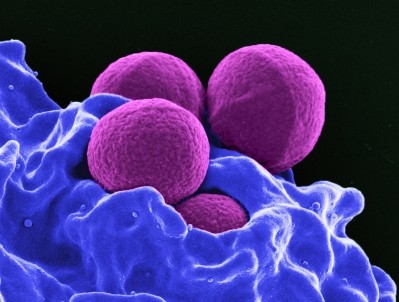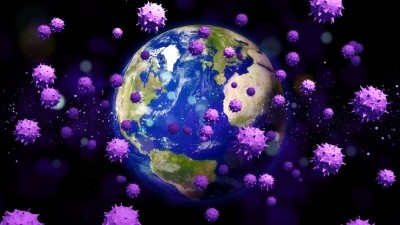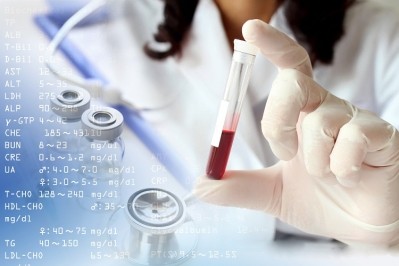PathoQuest opens US facility to provide NGS biosafety testing services

The 7,000-square-foot facility represents a response to the emergence of new drug modalities and the limitations of traditional biosafety and characterization technologies that they have exposed. Specifically, classical testing methods are often unsuitable for novel products such as the viral vectors that are used in gene therapies and gene-modified cell therapy applications.
PathoQuest has invested $10m in the new facility to provide manufacturers of such advanced therapies with a way to meet the regulatory requirement for pre-release biosafety testing and characterization, as Jean-François Brepson, CEO of the biosafety testing company, explained.
“The application of new technologies such as NGS can solve many of the challenges in biosafety testing faced by these new therapies, such as lower production volumes and incompatibility with classical cell-based assays,” said Brepson.
PathoQuest also sees its services supporting the ongoing effort to reduce, and ideally eliminate, the use of animal models in biosafety testing. The company thinks NGS testing can replace cell culture and animal based methods for the detection of adventitious agents.
The new facility has begun to take on clients from North America and further afield but is still ramping up. PathoQuest has installed a team of nine people in scientific, operational, and quality roles to serve its current clients while working to grow its headcount to 20 as volumes increase over the next 18 months.
Over that period, PathoQuest will expand its service offering. The next major milestone is scheduled for the first half of 2023, when the company plans to start offering good manufacturing practice services.
PathoQuest has built the facility at Charles River Laboratories' site in Wayne, Pennsylvania, reflecting the strategic partnership between the two companies. The CRO entered into a strategic partnership with PathoQuest in 2016 to offer clients services including biologics viral contamination testing and cell-line genetic characterization.















